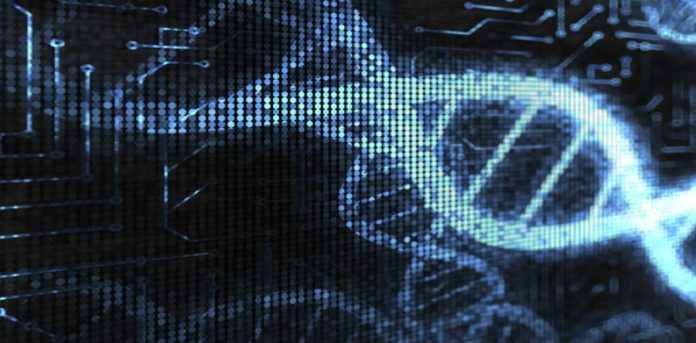
Medicine remains one of the most challenging fields for scientists to solve problems, but a new technique to combat rare diseases is becoming increasingly more promising. Gene therapy could be the solution to these ailments in the future.
Gene therapy consists of replacing bad genes that could carry potential diseases with healthy ones that would avoid it from happening. The method is still in its experimental phase, but it could see more widespread adoption soon.
There are several mysteries in the field of medicine, but genetic mapping is one of the breakthrough technologies that are expected to change our lives in the coming years. Having a deeper understanding of our organism is key if we want to save lives.
Scientists use machine learning to detect potential diseases
Deep Genomics, a medicine startup dedicated to researching human genes and diseases caused by mutations, uses artificial intelligence and deep learning to identify patterns of potential ailments in patients.
The startup was founded by a group of researchers from the University of Toronto. It works by collecting genetic data from a person and, if possible, any relatives he or she may have to generate more accurate results.
Once it has the information, the startup’s AI matches similar items to trace patterns. These patterns are then interpreted by a deep learning system that infers how they could generate mutations and illnesses.
When hearing the term gene therapy, most people would think of probing unborn fetuses to see if they will be born with any genetic defect, but the applications of this technique go way beyond prevention.
Gene therapy could actually save lives if developed and accepted in the medical community as a method to relieve patients from sometimes life-or-death ailments. This new approach could prove particularly useful against rare diseases and some types of cancer.
Gene therapy could bring about personalized medicine
Other startups like Vitagene and Epinomics are also working on research and development of gene therapy. There are more benefits to this technique when fused with new technologies, as they could give us a more detailed picture of specific patient needs.
By analyzing a person’s biological composition and reaching the patterns that make his or her organism unique, scientists could come up with ways to fight the potential diseases they may develop.
Knowing a person’s body in such intricate detail means numbers and levels that are only obtainable by means of extensive testing. A computer could come up with all of them with just a simple gene sample.
These readings would allow doctors to give patients even more personalized treatments and dosages. Achieving this level of precision, though, is still a long way from now according to medicine experts.
Source: CNET










